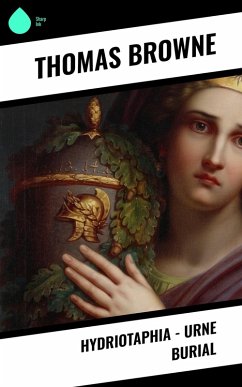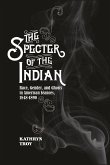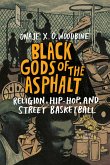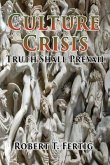In "Hydriotaphia, or Urne-Burial," Thomas Browne navigates the intimate intersections of mortality, burial customs, and philosophical inquiry. Written in 1658, this contemplative work reflects Browne's rich prose style, characterized by an eloquent blend of scientific curiosity and poetic expression. Set against the backdrop of the early modern period, Browne engages with human fears of death and the afterlife, employing a meticulous examination of ancient urns as a metaphor for the ephemerality of life. His exploration is steeped in cultural references, drawing from classical sources and blending them with personal reflection, ultimately presenting a profound meditation on the nature of existence itself. Thomas Browne, an English polymath and physician, was deeply influenced by the tumultuous sociopolitical climate of the 17th century, coupled with his own experiences of loss and curiosity about human existence. Educated in medicine at Oxford, Browne's diverse interests spanned natural philosophy, religion, and literature, which equipped him with unique insights into the human condition. This eclectic background informed the contemplative and wide-ranging themes found in "Hydriotaphia," marking it as both an intellectual exploration and a deeply personal lament. Readers are encouraged to delve into "Hydriotaphia" for its rich linguistic texture and profound philosophical insights. Browne's timeless examination of death and memory resonates powerfully today, making this work a compelling and essential read for anyone interested in the dialogue between life, death, and the legacy we leave behind. Whether approached as a historical document or a philosophical treatise, Browne's reflection remains a significant contribution to literature and understanding human mortality.
Dieser Download kann aus rechtlichen Gründen nur mit Rechnungsadresse in A, B, BG, CY, CZ, D, DK, EW, E, FIN, F, GR, HR, H, IRL, I, LT, L, LR, M, NL, PL, P, R, S, SLO, SK ausgeliefert werden.









